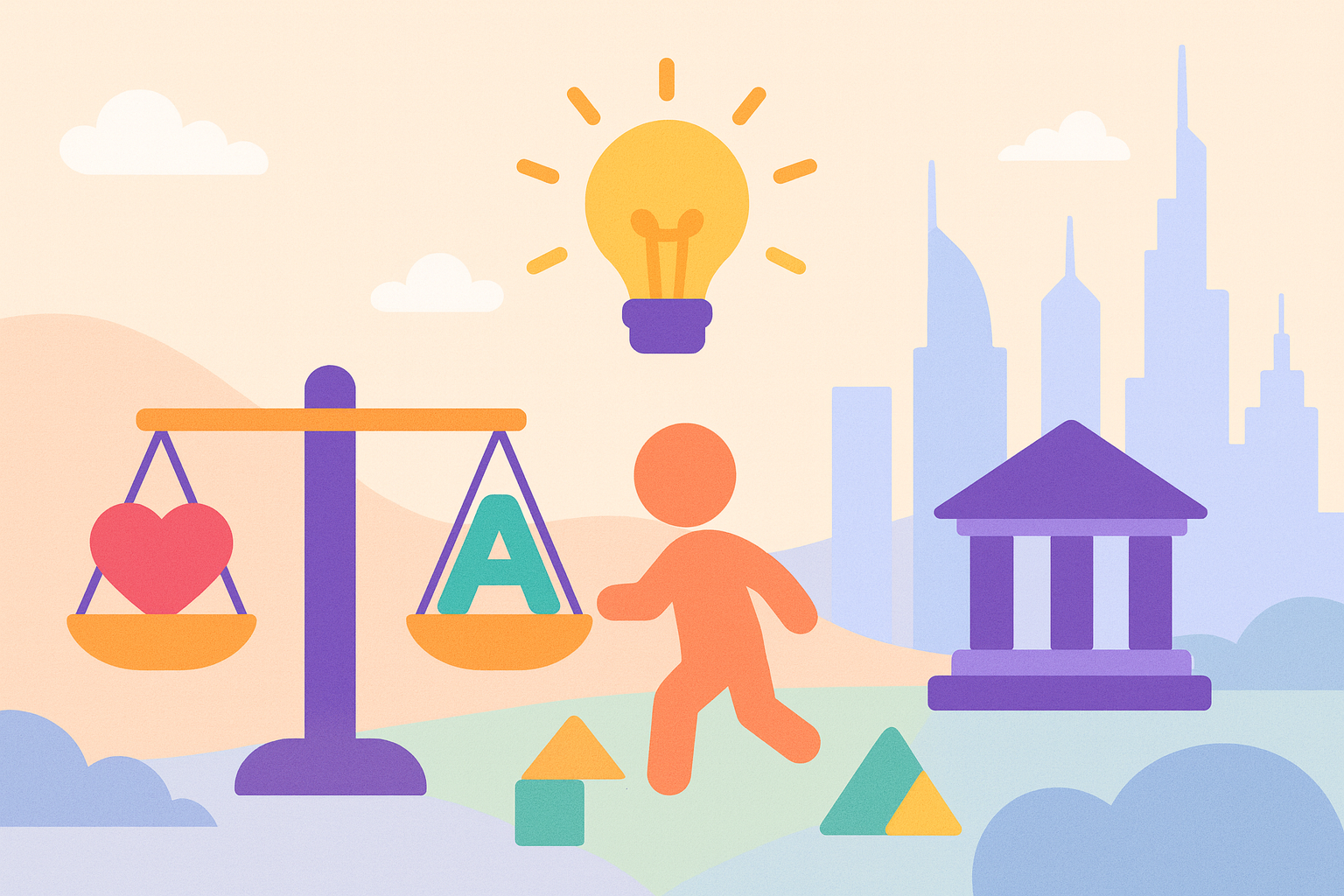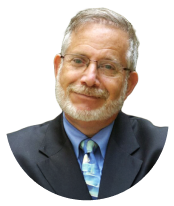On Friday 14th November 2025, Dubai’s Early Years landscape took a significant step forward as the Knowledge and Human Development Authority (KHDA) officially launched the Quality Framework for Early Childhood Care and Education in Dubai.
This landmark document is the result of thoughtful collaboration -developed over time with international experts and, most importantly, shaped by the voices and experiences of Dubai’s early years sector itself.
Introducing ‘The Dubai Child’
At the heart of the framework lies a powerful vision:
“A global child, leading a local life: an active, capable, curious, happy and inquiring learner, growing in identity, language and culture, and as a valued citizen, contributing to the rich tapestry of the UAE as a whole.”
This concept of The Dubai Child anchors the framework’s purpose - celebrating the child as a dynamic, contributing member of society.
The Five Domains of Quality
The framework is structured around five interconnected domains:
- Learning and Curriculum
- Partnership
- Learning Environment
- Health, Safeguarding and Wellbeing
- System Leadership
Each domain is explored through two key elements:
- Element A – Provision: The practices that must be established and sustained by every setting.
- Element B – Impact: The outcomes of that provision for children, families, educators, leaders, and wider stakeholders.
From Guidance to Reflection
To support implementation, the framework offers exemplars- illustrative guidance to help settings envision what each element might look like in practice. These are not prescriptive checklists, but reflective tools designed to spark dialogue, deepen understanding, and inspire continuous improvement.
Settings are invited to ask:
- What does quality provision truly look like?
- How do we know it’s making an impact?
- How can we evolve our practice to better serve our learning community?
Building Partnership Architecture
A key message throughout the framework is the importance of partnership architecture- the structures and relationships that sustain a thriving learning community. This means moving beyond service delivery for families, and instead working with them through shared decision-making, collaboration, and mutual respect.
Ask yourself:
- What does your learning community look like today?
- Where are the opportunities to strengthen connection?
- How can you embed partnership into everyday practice?
Reciprocal Relationships: Adults and Children
Practitioners are encouraged to reflect on the reciprocal nature of relationships with children- where children actively participate in adult life, and adults engage meaningfully in the lives of children. This dynamic is central to nurturing The Dubai Child and enabling every child to flourish.
Implementation Support: A Collaborative Journey Ahead
The KHDA team has confirmed that in the coming weeks and months, additional guidance and supporting documentation will be released to help settings implement the new Quality Framework with confidence and clarity.
Importantly, they’ve emphasized that this is a collaborative journey—not a compliance exercise. KHDA will be working in partnership with early years settings, offering support and dialogue rather than inspection. Their approach is rooted in trust, shared learning, and a commitment to elevating quality together.









